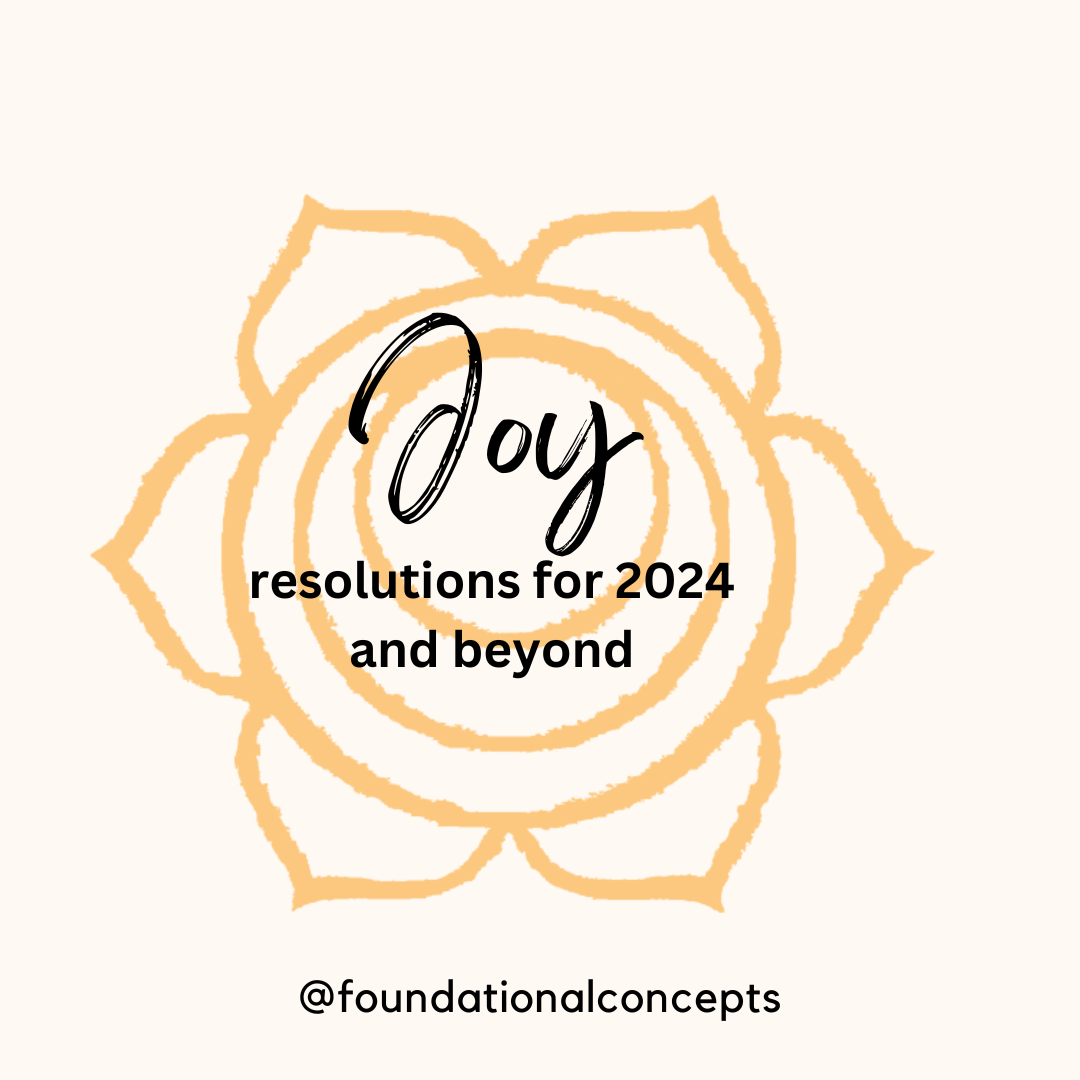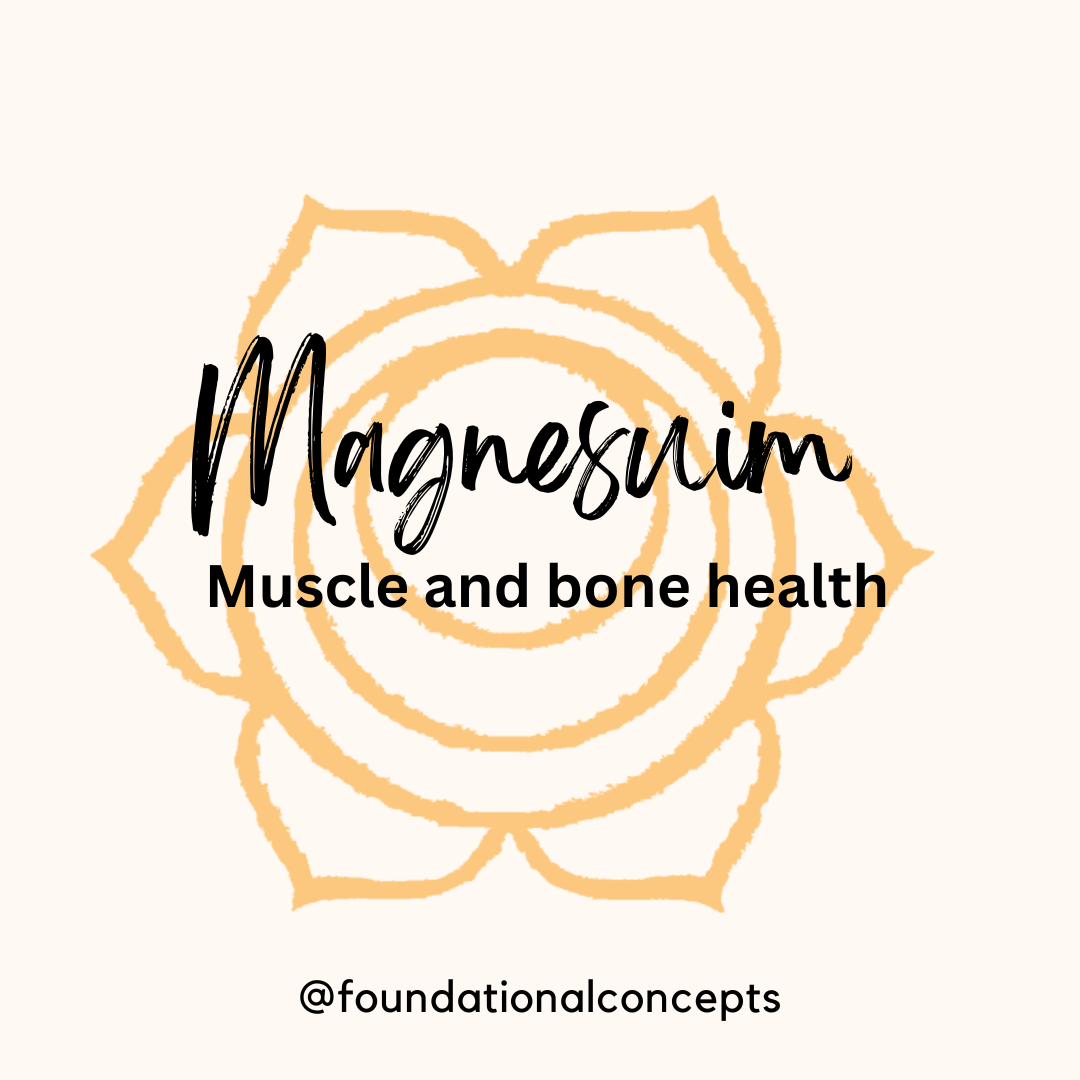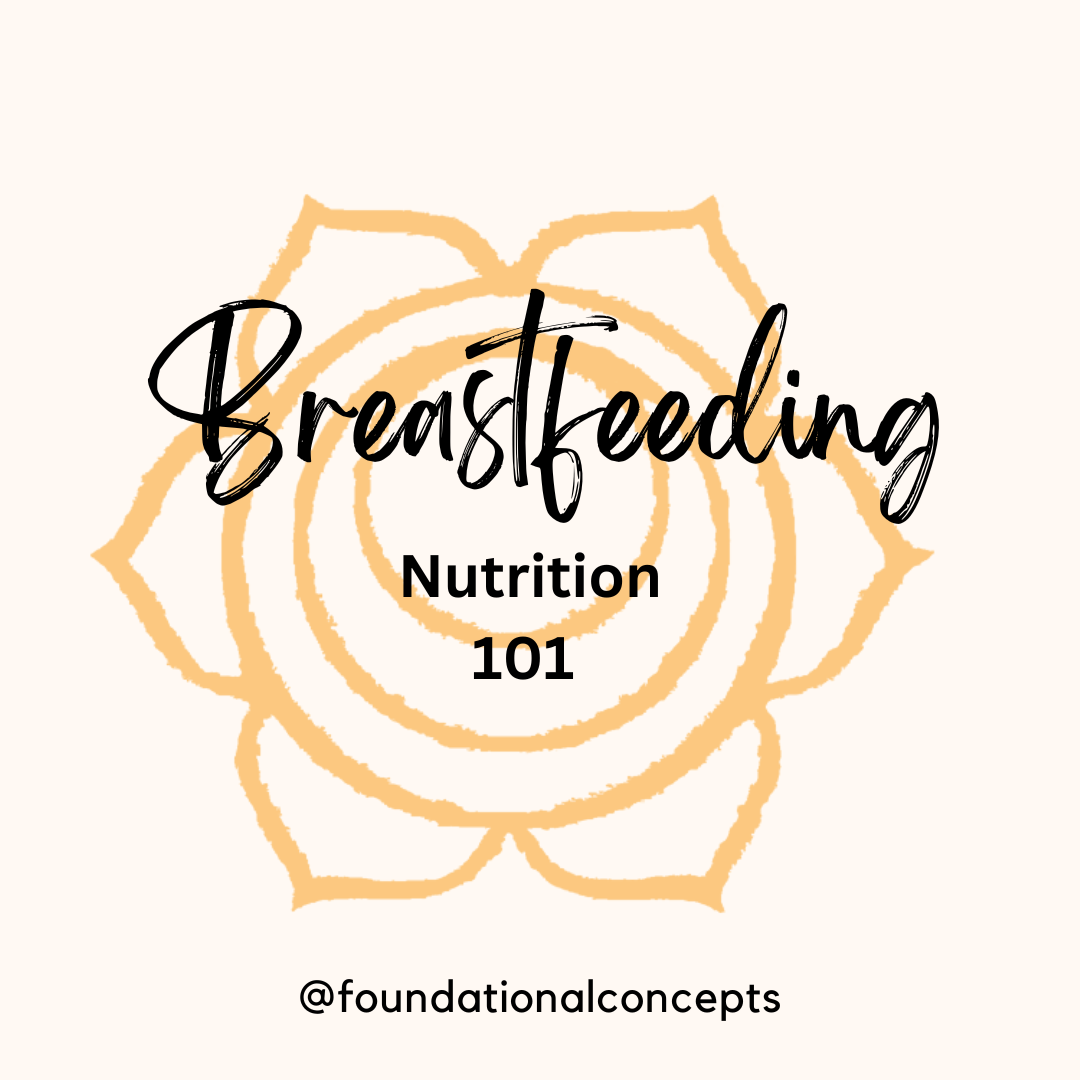Men and Depression: a guest post from Jennifer Worth, MSW, LCSW
As June draws to a close the weather is finally warming up, we’ve just had our first weekend without rain since March, and weekend activities and festivities are in full swing. While this may seem like a great time to get out and enjoy the season, some people struggle to participate in activities due to decreased energy or decreased interest in participating in activities. While this may not be of a concern to some people as it may not last more than two weeks or it is not affecting their lifestyle, these are two symptoms of Major Depressive Disorder. In recognition of Men’s Health Month, I wanted to provide some information about the symptoms of depression and how it specifically affects men.
According to an article on depression by the National Institute of Mental Health, “Men often experience depression differently than women and may have different ways of coping with the symptoms. Men are most likely to acknowledge having fatigue, irritability, loss of interest in once-pleasurable activities, and sleep disturbances, whereas women are more likely to admit to feelings of sadness, worthlessness, and/or excessive guilt. Some men throw themselves into their work to avoid talking about their depression with family or friends, or engage in reckless, risky behavior. And even though more women attempt suicide, many more men die by suicide in the United States.”
The golden rule of mental health is to rule out anything medical before psychiatric. Once your doctor rules out any medical concerns, and you are still having difficulty participating in your daily activities, it may be of benefit to seek out a mental health professional to address your symptoms. Depressive symptoms can be treated with both medication and psychotherapy. While it has been shown that both medication and psychotherapy are most helpful in treating in depression, one or the other can be used to decrease symptoms. In psychotherapy, Cognitive Behavioral Therapy (CBT), is most commonly used to treat depressive symptoms since it addresses the thoughts and the actions that may be worsening the depressive symptoms.
According to the DSM V, symptoms of Major Depressive Disorder include; depressed mood (eg. feels sad, empty, hopeless), markedly diminished interest or pleasure in activities most of the day, significant unintentional weight loss or weight gain, too much sleep or too little sleep, psychomotor agitation or retardation (not merely subjective feelings of restlessness or being slowed down), fatigue or loss of energy nearly every day, feelings of worthlessness or excessive or inappropriate guilt, diminished ability to think or concentrate or indecisiveness nearly every day, recurrent thoughts of death, recurrent suicidal ideation without a specific plans, or a suicide attempt or a specific plan for committing suicide. For more information, please consult with your doctor or a mental health professional.
Depression is treatable. With treatment, many people report that they are able to resume the activities and lifestyle they previously enjoyed. Now that the weather is starting to feel more seasonably appropriate, there is no reason to let anything get in your way of enjoying the warm summer months. Happy Summer!
Jennifer Worth, MSW, LCSW is a psychotherapist who has offices at The Center for Healing and Recovery in Liberty, MO and Raytown, MO. Jennifer specializes in treating depression, anxiety, and trauma.
According to an article on depression by the National Institute of Mental Health, “Men often experience depression differently than women and may have different ways of coping with the symptoms. Men are most likely to acknowledge having fatigue, irritability, loss of interest in once-pleasurable activities, and sleep disturbances, whereas women are more likely to admit to feelings of sadness, worthlessness, and/or excessive guilt. Some men throw themselves into their work to avoid talking about their depression with family or friends, or engage in reckless, risky behavior. And even though more women attempt suicide, many more men die by suicide in the United States.”
The golden rule of mental health is to rule out anything medical before psychiatric. Once your doctor rules out any medical concerns, and you are still having difficulty participating in your daily activities, it may be of benefit to seek out a mental health professional to address your symptoms. Depressive symptoms can be treated with both medication and psychotherapy. While it has been shown that both medication and psychotherapy are most helpful in treating in depression, one or the other can be used to decrease symptoms. In psychotherapy, Cognitive Behavioral Therapy (CBT), is most commonly used to treat depressive symptoms since it addresses the thoughts and the actions that may be worsening the depressive symptoms.
According to the DSM V, symptoms of Major Depressive Disorder include; depressed mood (eg. feels sad, empty, hopeless), markedly diminished interest or pleasure in activities most of the day, significant unintentional weight loss or weight gain, too much sleep or too little sleep, psychomotor agitation or retardation (not merely subjective feelings of restlessness or being slowed down), fatigue or loss of energy nearly every day, feelings of worthlessness or excessive or inappropriate guilt, diminished ability to think or concentrate or indecisiveness nearly every day, recurrent thoughts of death, recurrent suicidal ideation without a specific plans, or a suicide attempt or a specific plan for committing suicide. For more information, please consult with your doctor or a mental health professional.
Depression is treatable. With treatment, many people report that they are able to resume the activities and lifestyle they previously enjoyed. Now that the weather is starting to feel more seasonably appropriate, there is no reason to let anything get in your way of enjoying the warm summer months. Happy Summer!
Jennifer Worth, MSW, LCSW is a psychotherapist who has offices at The Center for Healing and Recovery in Liberty, MO and Raytown, MO. Jennifer specializes in treating depression, anxiety, and trauma.




This Post Has 0 Comments